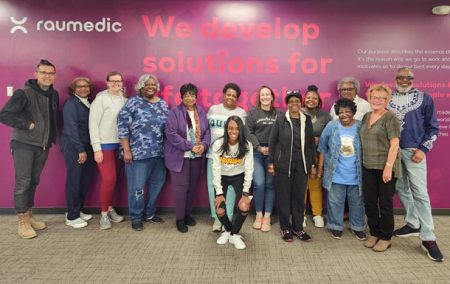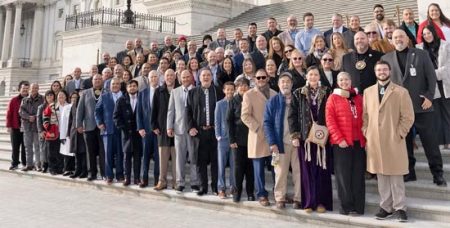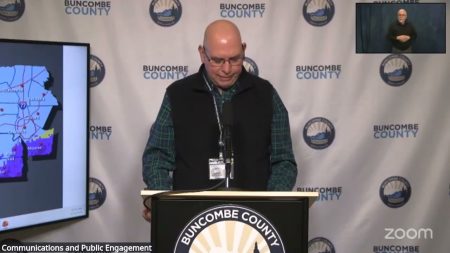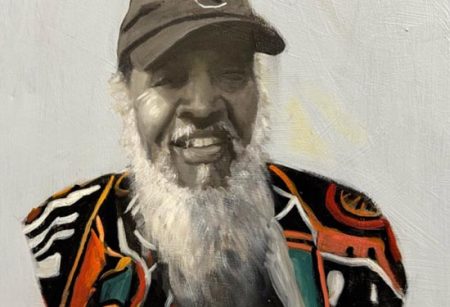The Strong Filipino-American Community
By Bill Moore
Many people in Asheville have been generally unaware of a vibrant and growing Filipino community in Western North Carolina.
Of late, however, due to the many social and cultural events they provide, their presence is becoming more prominent in this already richly diverse region. The FAC regularly sponsors a gala event annually including a generous helping of Filipino culture all spiced up with native food, dance, and lively conversation — in Spanish, English, and Tagalog. They welcome all who are interested in a good time, experiencing another culture, eating good food, and dancing to a different beat.
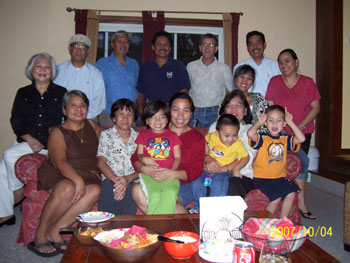 |
| Shown are members of the Filipino-American Community/Western North Carolina. The curent fac-wnc president is Arnel Maracut, seated center. |
During the 1960s there was a scattering of Filipinos in
Western North Carolina, but it was not until 1993 that the Western
North Carolina Philippine-American Association came into being. Their
first Annual Gala Night was held in the spring of 1995, and in 2001 a
dance troupe was formed adding native dance, costumes and music to the
Gala. The Gala has become an annual event in Asheville. In addition to
Asheville, other active Filipino communities are located in Charlotte,
Greensboro, Raleigh-Durham and as far south as Greenville, SC and
Columbia.
The Filipino community in Asheville is led by Arnel Marucut, president
of the FAC, and Charlie Rice, vice president. The board of directors is
headed by Rem Navarro, one of the motivating forces behind the
organization and a long-time resident, as well as Rick and Virginia
Rodriguez, the other two members of the board and active supporters as
well. Other officers include Vivian Brown, Bing Rice, and Herme Huff.
This reporter met with the officers and other members of the community
at the Marucut home. The visit coincided with a birthday get-together
for Rem Navarro, and although I could not stay for the festivities, I
was still treated to the sights and smells of Filipino traditional fare
that made it hard to leave.
It was evident that some community members balance pride in their
Asheville home with love for their Filipino cultural roots. The
pervasive American culture can obliterate the culture of the country of
one’s origin. Virginia Rodriguez made the point that family is a
mainstay of Filipino culture and one which sustains through times of
difficulty. “Many of the children are first generation American born.
We hope to keep them in touch with their Filipino culture.”
There were several young children present who seemed to treat all the
adults as “aunts and uncles” regardless of direct blood ties. Said
Rodriguez, “Children are taught to show respect for their elders,”
another hallmark of the Filipino culture. Several members of the group
told of the ritual greeting of adults by children, the kissing of the
adults’ hand. When was the last time you saw that happen at any other
informal social gathering including children and their extended
families? Another interesting highlight of the Filipino/Asheville
connection is that, during World War II, the Philippine government in
exile was in residence at the Grove Park Inn until the Japanese were
defeated.
As I was leaving, the whole group was gathered around the dinner table,
hands linked and saying grace. To bad I couldn’t stay. I thanked all
there and said, “Mabuhey,” a Tagalog word similar to Aloha, meaning
good bye or hello.
For more information about the Filipino-American Community-Western North Carolina, contact them online at
www.fac-wnc.com or [email protected], or write to: PO Box 17161, Asheville, NC 28816

